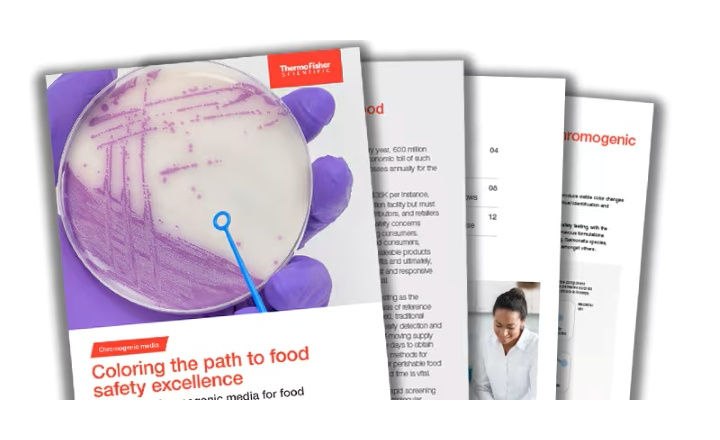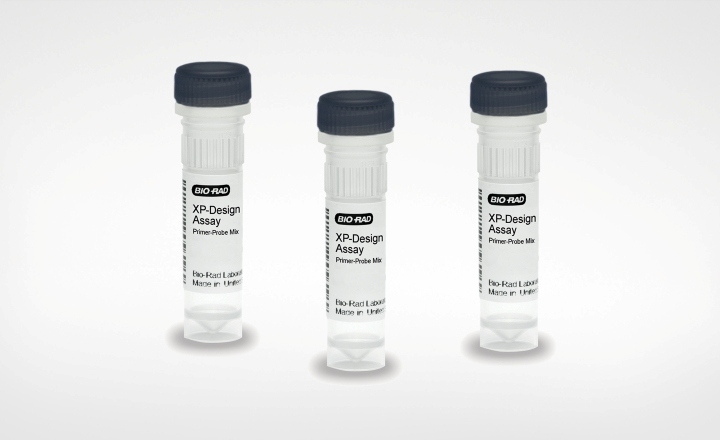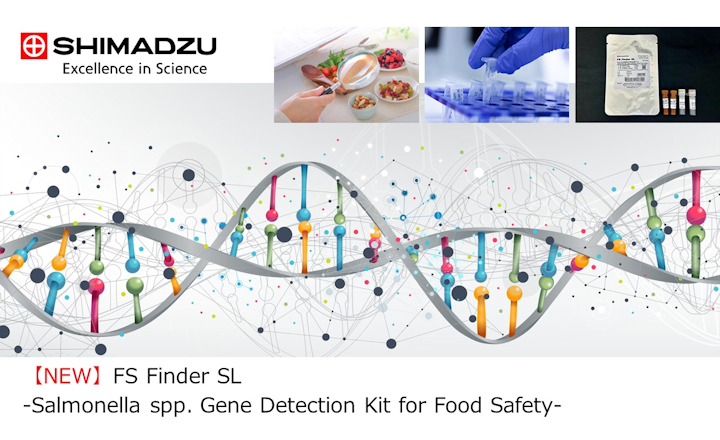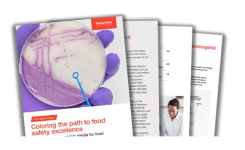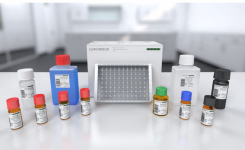Updated: 7th Nov 2019
The Food Safety Authority in Ireland and the UK have notified the public of possible Salmonella contamination in Humous products made by Zorba Delicacies. The products are being sold under multiple brand names, which include giant supermarket chains. The products which originated in the UK, are sold under the following brands: John Lewis, Spar, Nandos, Safeway, Morrisons, Iceland, LIDL, ASDA, and ALDI. The full list can be found by clicking here
Zorba's initial testing isolated a 'third-party ingredient' as the source of the contamination. “The first issue was identified in a limited volume of houmous during our testing procedure, and root cause analysis quickly pointed the likely source as being an ingredient supplied by a third party. Further extensive testing of batches of the suspected ingredient resulted in a presumptive indication of the presence of salmonella in a sample. Further testing and results to confirm this initial finding are awaited, although the company took the precautionary step of recalling additional houmous items based on this presumptive result", said a spokesperson for Zorba Delicacies.
One of the ingredients in Zorba's Hummus is sesame seed paste (tahini). It is a common ingredient in Hummus, either made at home or commercially. Sesame seed paste was identified as the source of a Salmonella outbreak that occurred between 2016 and 2017 in five European countries; Czech Republic, Germany, Greece, Luxembourg, and the United Kingdom. Different batches of sesame seeds which tested negative for Salmonella leaving Sudan and Nigeria were found to be positive in a food processing plant in Vari, Greece. An investigation found an unscheduled halt to factory proceedings related to sesame seed processing for an unspecified reason, and cross-contamination due to environmental factors was suggested.
An investigation performed on the Salmonella strain revealed it to belong to the Salmonella enterica subspecies enterica. This particular strain, which was classified as being a new serovar of these subspecies, had previously been involved in another outbreak in early 2016. Sesame seed paste also been the source of food poisoning in that case. Patient stool samples were taken, and the subspecies was confirmed by phenotypical assay. None of the isolates were able to ferment malonate but all fermented dulcitol indicating that they belong to Salmonella enterica subspecies enterica.
On foot of both outbreaks, the European Commission included sesame seeds from Nigeria, Sudan, and Uganda to the list of food of non-animal origin subject to increased official controls on imports due to possible Salmonella contamination.
People infected with Salmonella typically develop symptoms between 12 and 36 hours after infection, but this can range between 6 and 72 hours. The most common symptom is diarrhea, which can sometimes be bloody. Other symptoms may include fever, headache, and abdominal cramps. The illness usually lasts 4 to 7 days. Diarrhea can occasionally be severe enough to require hospital admission. The elderly, infants and those with impaired immune systems are more likely to have a severe illness.
Consumers are advised not to eat the implicated batch. Consumers who may have already consumed the affected quantity and are feeling unwell should seek medical advice.
On the 6th of November, 2019 a tahini product from Mexico was recalled by the UK FSA due to the presence of Salmonella.
Elsewhere, the species Salmonella Dublin has caused the death of one person and hospitalized eight people in the US after they consumed ground beef contaminated with the deadly pathogen.






